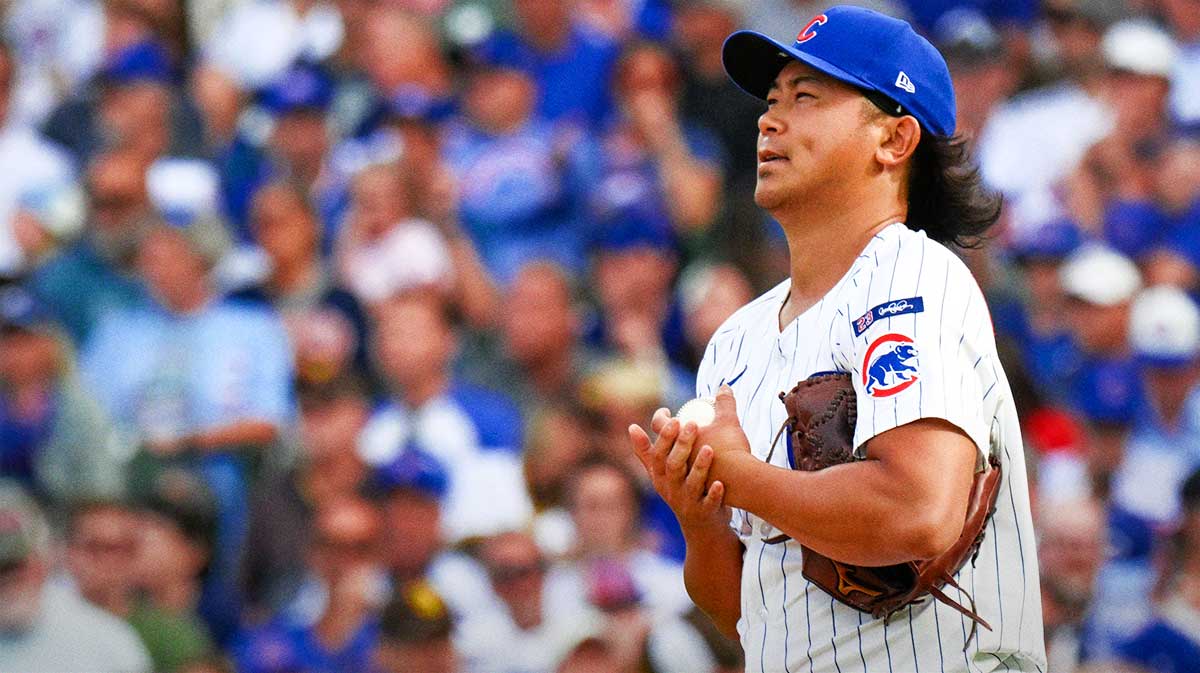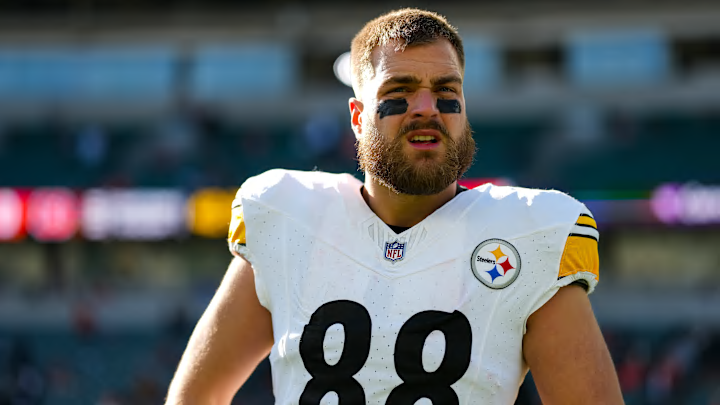Craig Counsell’s ‘simple’ reason for mistake of letting Cubs’ Shota Imanaga face Manny Machado
The San Diego Padres forced a crucial winner-take-all finale on Wednesday when they defeated the Chicago Cubs 3-0. A major reason for the win was due to a masterclass pitching performance from the entire staff, and a two-run home run by Manny Machado in the 5th inning to put the icing on the cake.

For Game 2, manager Craig Counsell decided to go with an opener, Andrew Kittredge, ahead of Shota Imanaga. Kittredge pitched a clean inning in Game 1, but he allowed the first run of the contest in the 1st inning by a sac-fly from Jackson Merrill. Imanaga replaced him in the second inning. The idea behind the opener was to give Imanaga one less opportunity to face the 1-5 hitters in the San Diego lineup. Imanaga pitched well until the fifth inning, when Machado (batting 3rd) stepped up to the plate with Fernando Tatis Jr. on second base.
With two outs in the inning, Counsell decided to leave his star pitcher on the mound.
In an article from The Athletic, Sahadev Sharma broke down what Counsill said postgame about the decision.
“Look, the result suggested we should have done something different,” Counsell said. “Really just confidence in Shota, plain and simple, there. I thought he was pitching well, I thought he was throwing really well. Unfortunately, he made a mistake.”
The loss is not on Imanaga, as clearly the Cubs could not score a run. The offense must improve if they want to take down former Cub Yu Darvish on Thursday.
The same can be said about the Padres' offense. Even Machado is aware that the offense isn't playing up to par, including himself. Before the homer, he was hitless in the series.
“I don’t put a manager’s cap on,” Machado said. “I’m 0-for-6 at that point. So yeah, I’m not thinking about (being walked). For myself, I was just thinking about trying to get to Imanaga.”
The Cubs are sending Jameson Taillon for Game 3 against Yu Darvish for the Friars. The winner will head to Milwaukee for a best-of-five NLDS series.
Taylor Decker talks injury management, retirement thoughts

Taylor Decker is hurting. All you need as proof is a peek at the Detroit Lions’ injury report. Decker suffered a shoulder injury early in the season—a different injury than the one that required offseason shoulder surgery—and has missed triple the practices (10) than he’s participated in (three). For someone who has been regularly described as one of the toughest players on the team, that says something.

This is not ideal for anyone. The Lions don’t want it. Decker doesn’t want it. But it’s the unfortunate reality of the situation, and it’s what’s best for Decker in both the short and long term in order to get him ready on Sundays.
“I’m fortunate that this organization is receptive to what I need to feel good on gameday,” Decker said. “Dan (Campbell)‘s been awesome about it. It’s not an ideal situation, but I’m able to get what I need throughout the week to be able to go out there and play.”
Gameweek can be a slog, though. Used to spending his full day with his teammates, Decker now occupies a training room for large swaths of time, trying to manage the pain, maintain his strength, and—when he gets to stick with the team in meetings and walkthroughs—stay engaged in the gameplan that week. Decker admits it can be boring, and he credits the team’s training staff for occasionally dealing with his outbursts of frustration.
“You’ve got to give those guys a lot of credit, because I’m in there all the time, and I can be mad and I can be hard to work with,” Decker said. “And they’re incredible. They don’t take it personally.”
Unfortunately, this just seems to be where things are at with Decker. He offered a little hope for eventually getting through this injury and having a plan to return to practice regularly. But it’s clear that it’s going to take some time.
“I think it’s something that I’m going to have to deal with a lot for a good portion of the year, but we have a plan in place right now,” Decker said. “We do have a plan in place of what we’re going to do moving forward to try and mitigate having to deal with it. Because I don’t think—whatever the plan has to be, that’s fine. But I don’t want to not have to practice and not be able to do all the lifts I need to do the entire season.”
The words “chronic injury” combined with an aging offensive lineman will immediately bring into question a player’s long-term viability in the NFL. This spring, Lions center Frank Ragnow retired suddenly at age 29 after no longer wanting to fight a foot injury that plagued his final few years.
Decker admitted to Justin Rogers of Detroit Football Network that when the shoulder injury first happened, in a moment of frustration, he had fleeting thoughts of retiring.
“If you had asked me going into Week 1, I was like, ‘I’m done,’” Decker said.. “I didn’t want to do the same work just because of how I was feeling.”
Those thoughts have since subsided, and he still thinks about a moment from the offseason in which he had a moment of professional clarity during a conversation with workout buddy Zach Ertz. Frustrated with the idea of leaving his wife and two kids behind for the football season ahead, Decker vented to Ertz—who wasn’t having any of it.
“‘You’re doing it because you want to do it,’ Decker recalled Ertz saying. “‘You’re doing it because you’re being, not in a bad way, but you’re being selfish. You’re playing because you want to play.’”
Decker chatted with Ragnow recently about dealing with chronic pain and life after football. But when the topic of retirement comes back into mind with Decker, he’s actually not as much worried about the physical pain. He’s been through that before and believes he can go through it again. It’s that personal part—weighing a Lombardi trophy vs. being a present dad—that has him wondering.
“It’s going to be the mental aspect, especially the family aspect,” Decker said. “I just don’t want to leave the game and then always be wondering or thinking what could’ve been.”



